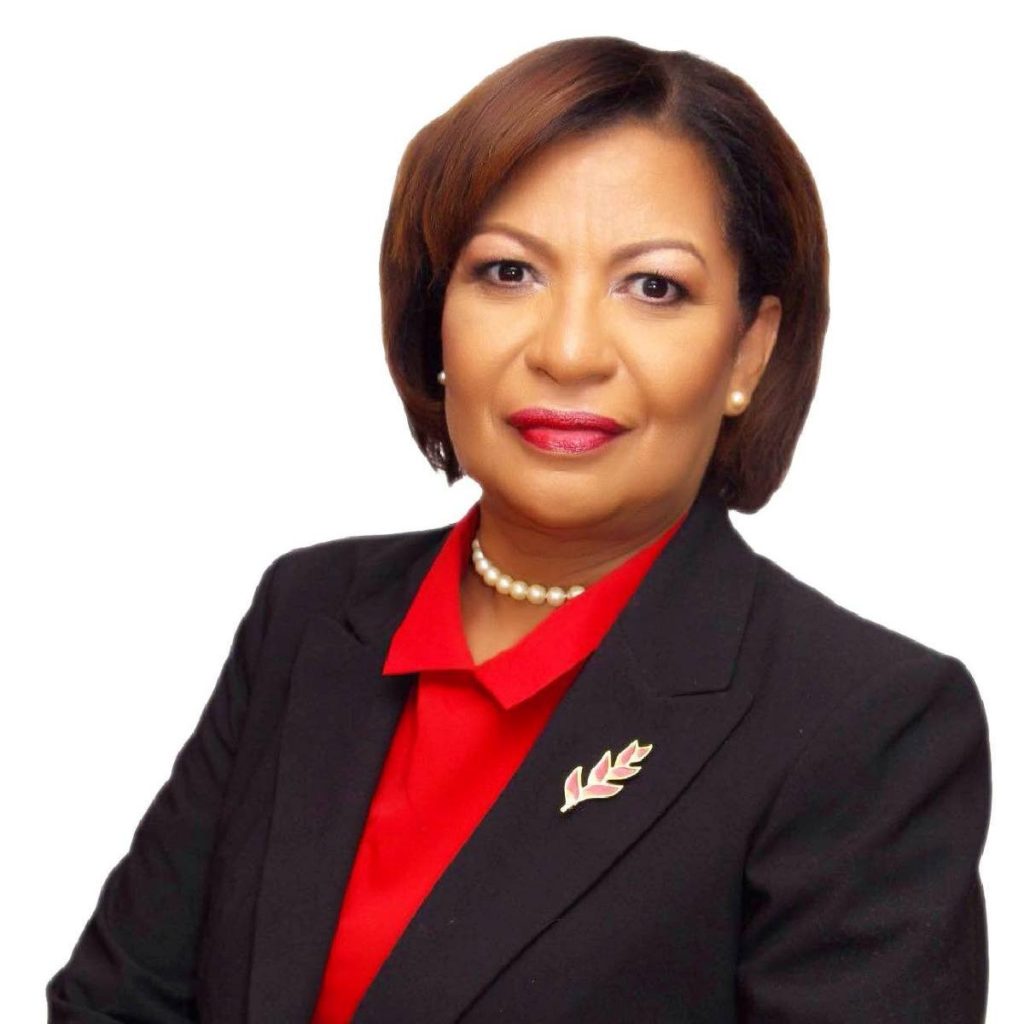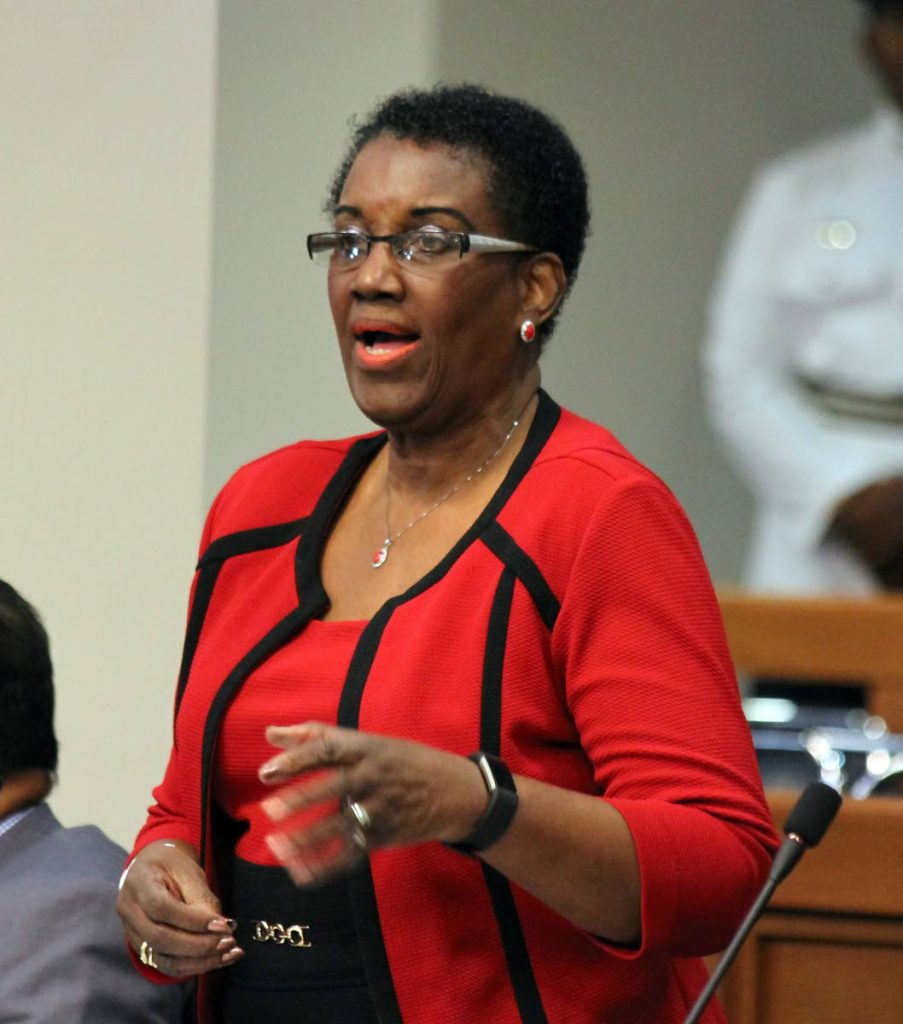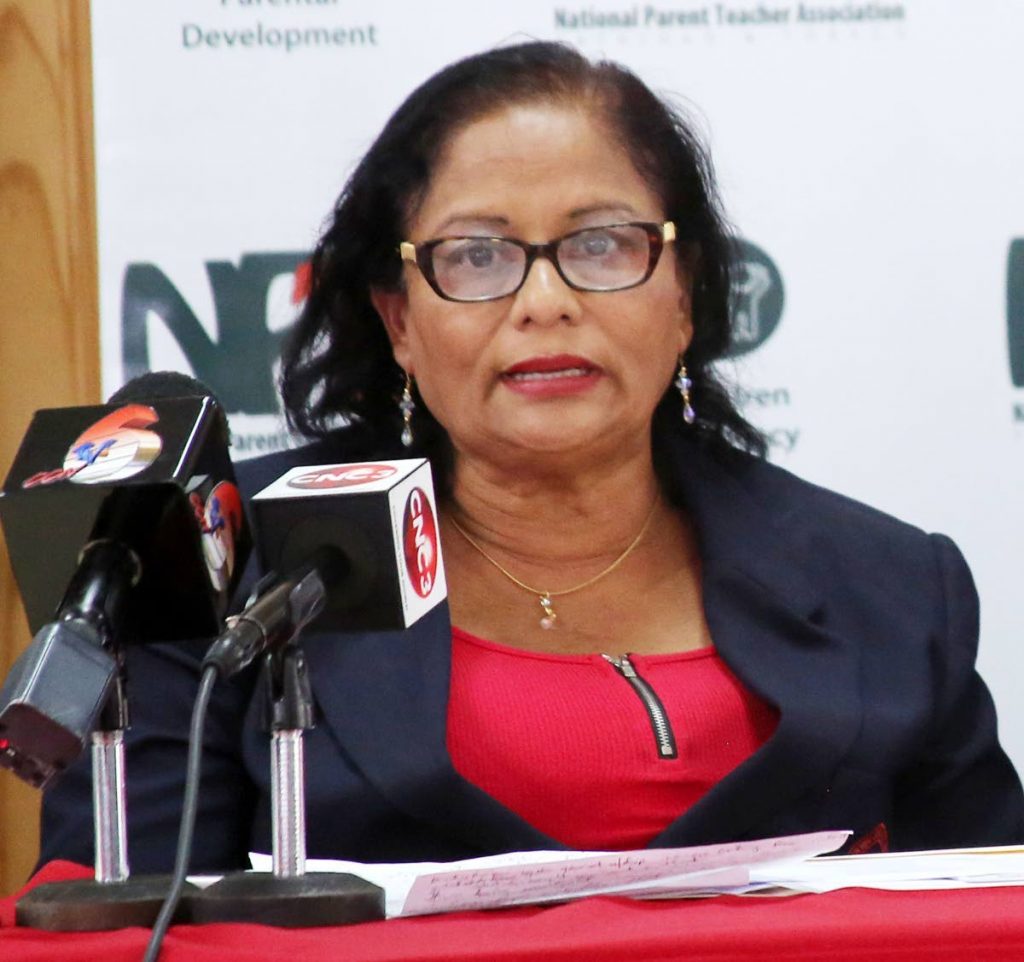3,735 pupils have special needs

SOME 3,735 school pupils have some sort of special needs, but only 1,756 of these have been referred to the Ministry of Education’s Student Support Services Division, revealed Glenda Jennings-Smith as she chaired Friday's sitting of Parliament’s Joint Select Committee (JSC) on Human Rights.
The sitting heard calls for more to be done to support such pupils, by way of initially diagnosing/assessing them and providing specialised classroom support.
The JSC met officials from the ministry, Ministry of Social Development, TTUTA, National Parent Teachers Association (NPTA) and the Consortium of Disability Organisation (CODO.)
CODO’s Tracy Hutchinson-Wallace said much of what the ministry was saying about support for such pupils did not mesh with the anecdotal experiences of parents.
Committee member Hazel Thompson-Ahye remarked that while the grass was growing the proverbial horse was starving, with some having died.

Chief Education Officer Harrilal Seecharan said many pupils are diagnosed late and so at the time of the SEA exam the ministry receives a host of requests.
Hutchinson-Wallace countered that some pupils have waited from five to nine years to be assessed before applying for SEA concessions.
Seecharan said all are treated equally and concessions are done on a case-by-case basis, and parents can pay professionals to do the assessment privately.
Hutchinson-Wallace later said a private assessment typically costs $10,000, and children should be screened for developmental issues at pre-school and primary school.
NPTA chairman Raffiena Ali-Boodoosingh said her group has long lobbied for children to be screened much earlier than standards three and four.
“Students are referred from the infant group, but many leave the whole primary school system and have not been seen by Student Support Services.”
She said that while each school principal has an assessment card along with an immunisation card for each pupil entering their school, the reality is the special-needs pupils continue to operate at a disadvantage while things just go along.
Ali-Boodoosingh complained that schools are neglecting their role of helping parents to get involved in their children’s schooling.
JSC member Esmond Forde lamented the news that since March 2018 to present, special needs pupils had not been getting their grant, while the Ministry of Social Development deputy permanent secretary Vijay Gangapersad said forms are now being printed for recipients to transition to a new type of grant. Forde read out a list of disability NGOs dissatisfied with the school system, including the Blind Welfare Association, Dyslexia Association and Downs Syndrome Association. He said in 2017 the Equal Opportunity Commission had received 145 complaints about schools not catering for special needs pupils.
Leticia Rodrigues-Cupid, Special Education Services head at the Education Ministry, said the On the Job Training (OJT) programme has hired 300 people to help special-needs pupils in the classroom.

TTUTA general secretary Fitzroy Daniel urged an increase, saying, “Teachers say there are not enough teacher aides for special pupils.”
Hutchinson-Wallace, howeve,r said OJTs are not adequate for special-needs pupils, but that para-professionals are instead needed, in areas such as language processing and the use of technology.
She lamented that while TT has 18 registered occupational therapists, international benchmarks suggest this country’s population needs 250 practitioners.
Ali-Boodoosingh, however, said, “Why not train our parents to be our special-needs helpers in the classroom?”
CODO’s Bhawani Persad urged that special-needs pupils be let into normal schools, and assessment should be done “from the cradle to the grave.”
While Thompson-Ahye also said special needs pupils should be in mainstream schools, as they must ultimately exist in the real world, Forde urged dedicated schools for them.
Seecharan said the ministry supported inclusive education, although the reality is not all schools can accommodate special-needs pupils. e real world, Forde urged dedicated schools for them. Seecharan said the ministry supported inclusive education, although the reality is not all schools can accommodate special needs pupils.


Comments
"3,735 pupils have special needs"